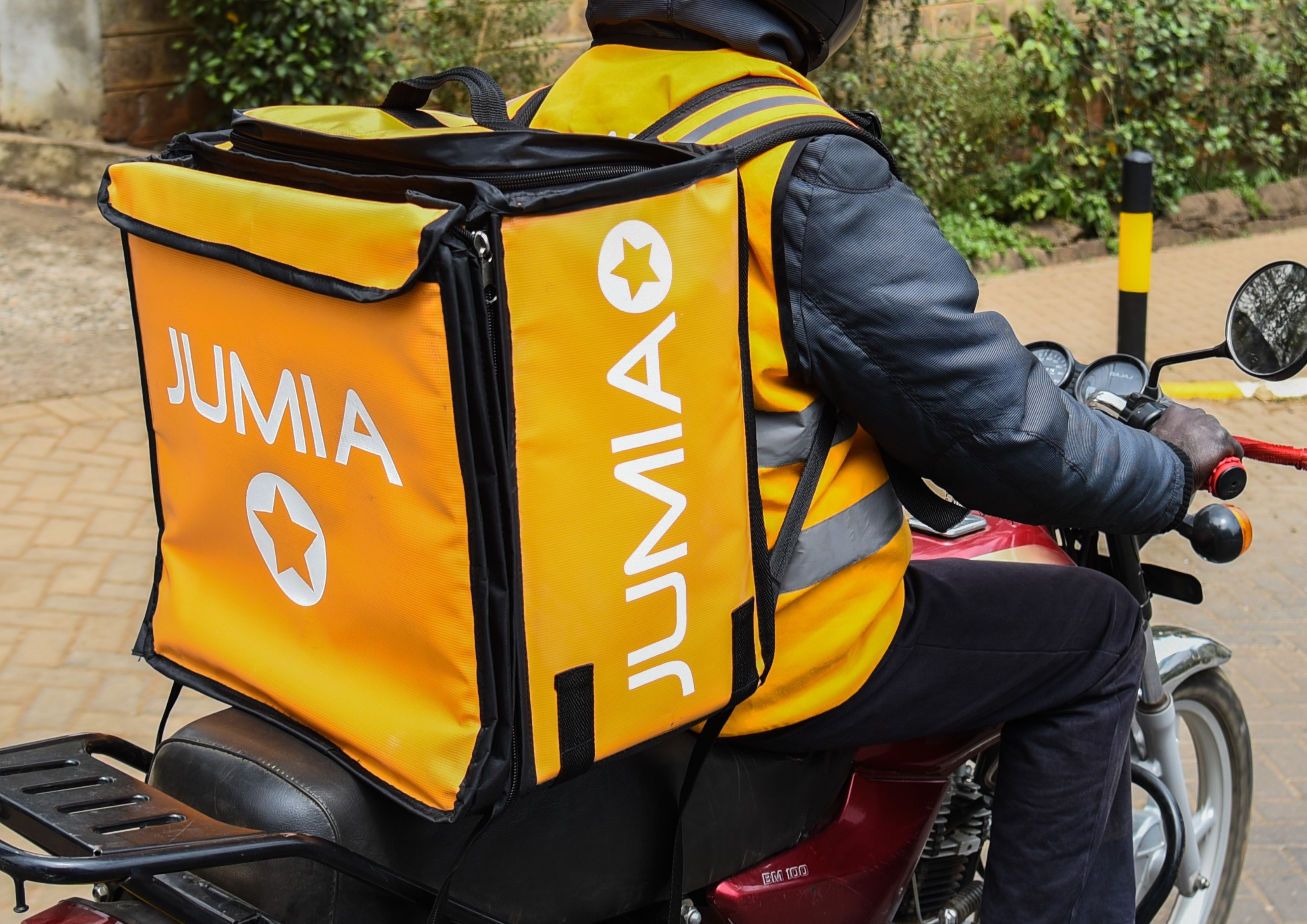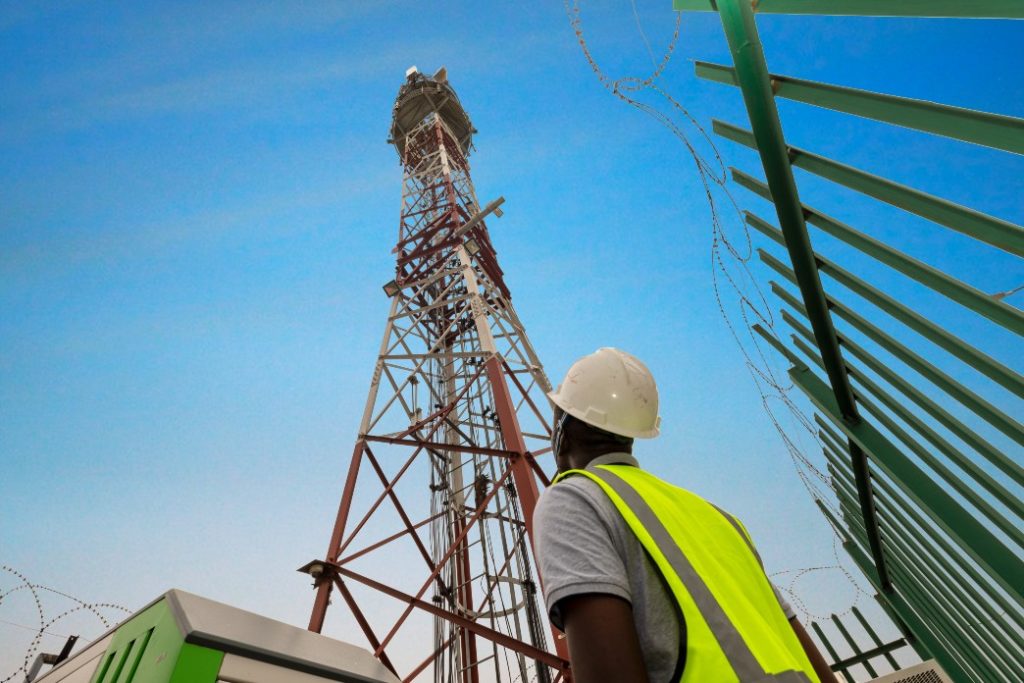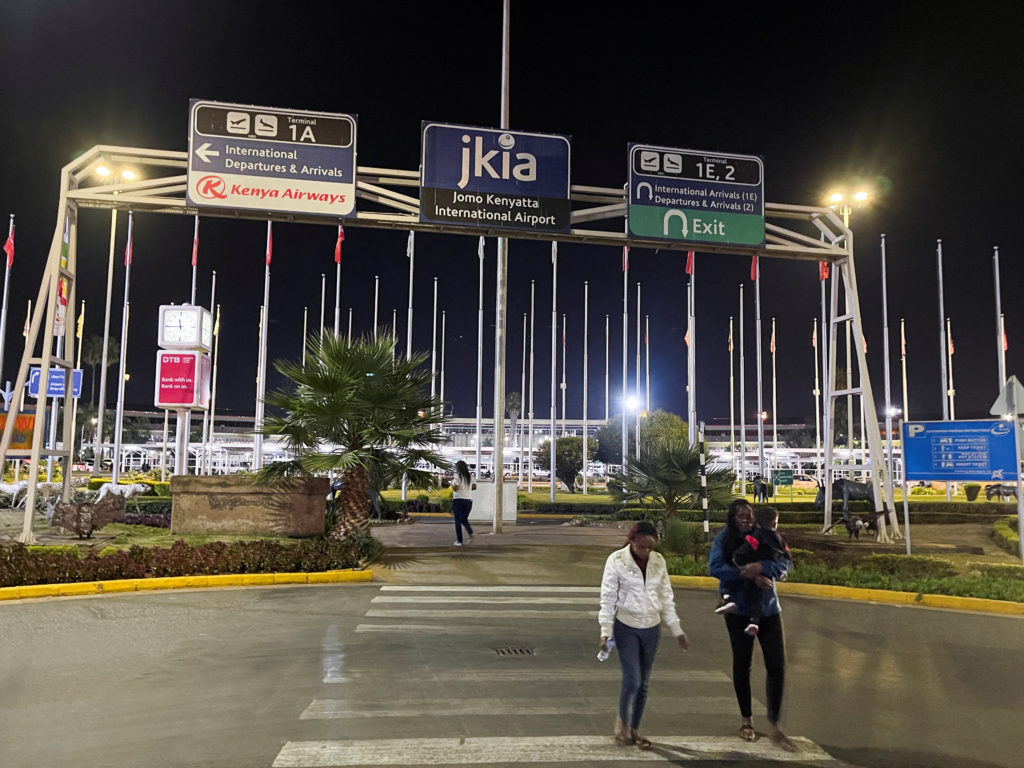In its continued cost-cutting spree, e-commerce company Jumia has shut down its food delivery business in Nigeria, Kenya, Morocco, Ivory Coast, Tunisia, Uganda, and Algeria.
Jumia, an African e-commerce company, will shut down Jumia Food, its food delivery business, by the end of 2023 in a new round of cost-cutting.
The unprofitable e-commerce company, which lost $19 million in Q3 2023, has changed its strategic focus and doubled down on its ambition to reach profitability since it named Francis Dufay as CEO last year.
Dufay told Reuters that the food delivery segment has challenging unit economics and big losses. He also blamed the closure of Jumia Food increasing competition and cost of operations.
“There is downward pressure on the commissions that we make and upward pressure on marketing costs because everyone is fighting for customers.” He also described the segment as not offering the same “upside potential” as the company’s physical goods business
Dufay is choosing pragmatism
“Our priorities need to change,” Dufay told TechCabal in September.
Since then, Jumia has laid off 900, or 20%, of its employees and moved 60% of its top management team from the United Arab Emirates to the respective African countries to save costs. It has also drastically cut its advertising and marketing spend.
Closing Jumia Food, an unprofitable business segment since its launch in 2013, is another push to focus on business segments that can drive profitability.
While Jumia began focusing on small-ticket everyday items in 2021, Dufay has changed that, and he has also begun a push into smaller Nigerian cities.
Jumia Food’s struggles
By the end of Q3 of 2023, Jumia Food has a gross sale of $63.9 million—11% of Jumia’s overall gross merchandise value. However, the food delivery business has never been profitable in any of the 11 North, East and West African countries it operates in.
The shutdown of the food delivery arm has been years in the making. Before this complete shutdown, the e-commerce giant discontinued food delivery in Egypt, Ghana, and Senegal “where this activity was sub-scale, resulting in unit economics dilution with limited consumer lifetime value upside.” In Jumia’s press release about the shutdown, Antoine Maillet-Mezeray, EVP of Finance & Operations of Jumia, said, “Food delivery remains a business with very challenging economics, in Africa and across the world, and we want to focus our efforts on our physical goods e-commerce business in the eleven markets where we operate.”
The company, with a liquidity position of $166.3 million per its Q2 2023 reports, is cutting off the food delivery segment to allocate its resources to more promising segments like its core physical goods delivery and payment service, Jumia Pay.


















